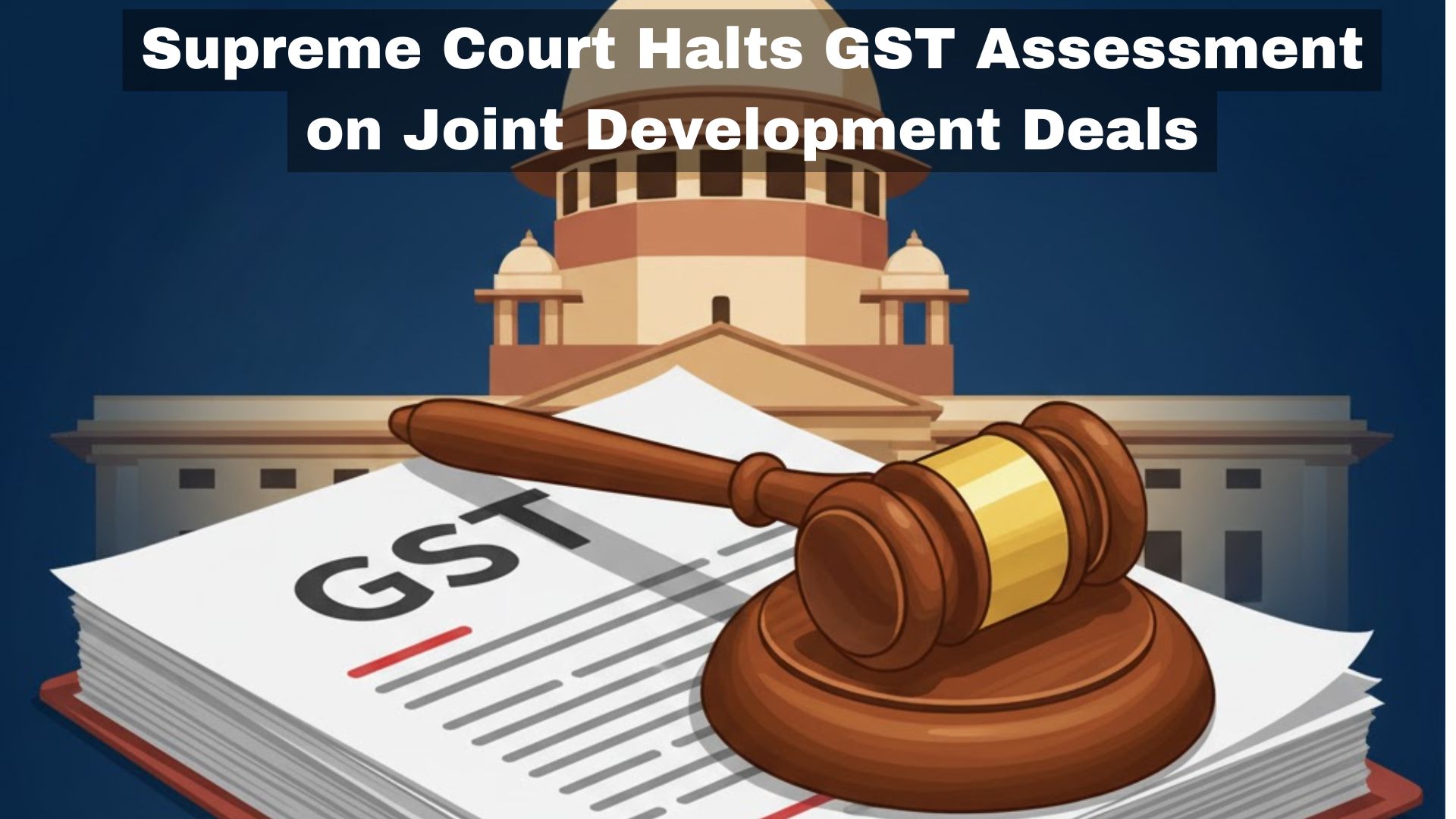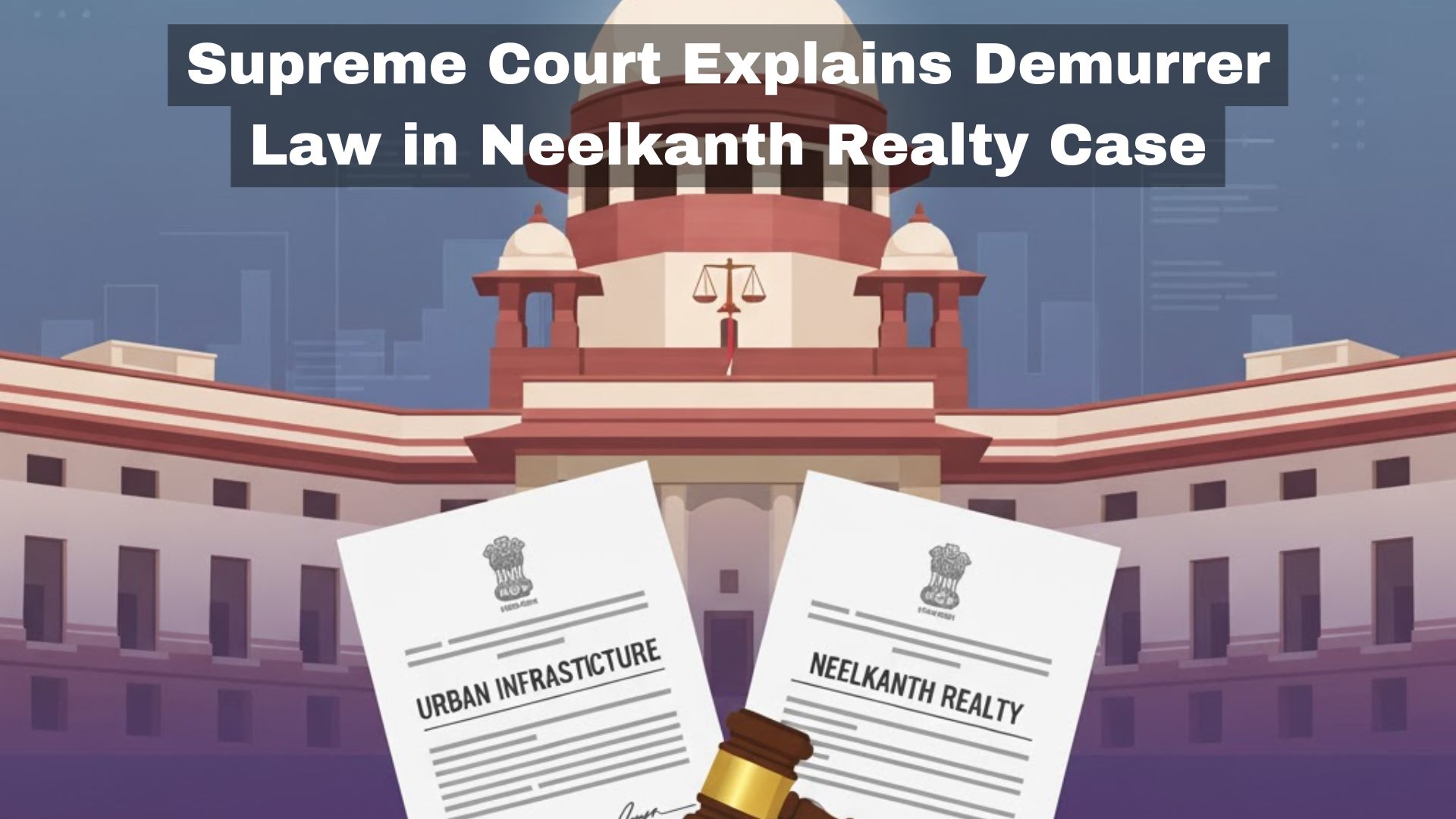Harnaresh Singh Gill, J
This order shall dispose of above mentioned two revision petitions as these have arisen out of common judgments/order passed by the Courts below.
Since the facts of both the cases are identical except the quantity of recovered material and time of inspection, therefore, for the convenience of the
Court, the facts are being taken from CRR-1756-2014.
A complaint under Section 7 of Prevention of Food Adulteration Act, 1954 ('1954 Act' for short) was filed by complainant Narain Dutt Sharma, Food
Inspector alleging that on 22.6.2006, at about 4.45 P.M he along with Local Health Authority inspected the premises of the petitioner, where four
crates (96 bottles) of sweetened carbonated water manufactured being sold under the brand of Golden Park were displayed for public sale.
Accordingly, a notice on Form-VI was served upon the petitioner-accused and 06 bottles of 30 ml each of the said sweetened carbonated water were
purchased for analysis against a price of Rs. 37/-. The samples were divided into three equal parts. All the bottles were sealed and converted into
sealed parcels. A paper slip bearing code and signatures of LHA, Sonipat was pasted on each bottle. Signatures of the accused were obtained. One
sealed parcel along form VII was sent to the State Analyst. Another form VII was separately sent to the Analyst concerned in a sealed envelope and
the other two sealed samples along with copies of Form-VII were deposited with the Local Health Authority concerned. As per the report of the
Government Analyst, the samples were adulterated and misbranded and not fit for human consumption.
The accused was summoned to face the trial for commission of offence punishable under Section 16 (1) (a) of the 1954 Act.
In order to prove its case, pre-charge evidence was led by the prosecution. After the closer of pre-charge evidence, charge was framed against the
accused under Section 7 of the Act to which he pleaded not guilty and claimed trial.
The trial Court vide judgement and order dated 24.8.2012/27.8.2012 convicted the petitioner under Section 16(1) (a) (i) and sentenced him to undergo
imprisonment for a period of two years and to pay a fine of ` 5,000/- and, in default of payment of fine, to further undergo imprisonment for one
month.
The appeal preferred by the petitioner was dismissed by the Appellate Court vide judgment dated 23.5.2014.
I have heard the learned counsel for the petitioner as well as the learned State counsel and have also gone through the record of the case.
During the course of arguments, counsel for the petitioner has confined his prayer only to the quantum of sentence imposed upon the petitioner.
Learned counsel for petitioner has submitted that the impugned judgments and order passed by the Courts below do not hold good for the reasons that
the new Act i.e. Food Safety and Standards Act, 2006 has come into being. It is further argued that the penal provisions contained in the new Act are
entirely different than the one contained in the 1954 Act. While relying upon the judgment of the Co-ordinate Bench in CRR-2975- 2016 Parveen
Kapoor versus State (Food Inspector Chandigarh), decided on 23.8.2018, it has been argued that the impugned order of sentence is liable to be set
aside and the case is required to be remanded back to the Chief Judicial Magistrate, Sonipat for consideration of the matter afresh in terms of the new
Act.
On the other hand, learned State counsel, has submitted that the 1954 Act was repealed on 5.8.2011 and it was in force in the year 2006 i.e. the year
in which the premises of the petitioner were inspected and, therefore, the petitioner was rightly convicted and sentenced under the provisions of the
1954 Act.
As the prayer made by the petitioner is restricted only to the sentence, the findings recorded by the Courts below convicting the petitioner, do not call
for any interference and the same are accordingly affirmed.
As regards the quantum of sentence, it would be necessary to reproduce the relevant para of the judgment of the Apex Court in T. Barai versus
Henry Ah Hoe and another 1983 AIR (SC) 150 wherein it is held as under:-
“It is settled both on authority and principle that when a later statute again describes an offence created by an earlier statute and imposes a
different punishment, or varies the procedure, the earlier statute is repealed by implication. In Michell v. Brown(1) Lord Cambell put the matter thus :
It is well settled rule of construction that, if a later statute again describes an offence created by a former statute and affixes a different punishment,
varying the procedure, the earlier statute is repealed by the later statute See also Smith v. Benabo, (1937) 1 All England Reporter 523.â€
In Regina v. Youle, (1861) 158 ER 311 315-316 Martin, B. said in the oft-quoted passage:
If a statute deals with a particular class of offences, and a subsequent Act is passed which deals with precisely the same offences, and a different
punishment is imposed by the later Act, I think that, in effect, the legislature has declared that the new Act shall be substituted for the earlier Act.
The rule is however subject to the limitation contained in Art. 20(1) against ex post facto law providing for a greater punishment and has also no
application where the offence described in the later Act is not the same as in the earlier Act i.e. when the essential ingredients of the two offences
are different.â€
The Co-ordinate Bench in case of Parveen Kapoor versus State (Food Inspector Chandigarh) in Criminal Revision No. 2975 of 2016 decided on
August 23, 2012 called out that principle of ex post facto law to mollify the rigour of the criminal liability. In para 10 of the said judgment, it is held as
under:-
“However, the question that arises for determination is whether despite the prosecution of the petitioner under the provision of the PFA Act being
valid, he should be sentenced under the provisions of the Act, which are more beneficial? In this regard reference can be made to the judgment of
Nemi Chand's case (supra). The said judgment relies on the principle of ex post facto law to mollify the rigor of the criminal liability. In criminal
jurisprudence prosecution for, an act which is not an offence on the date of its commission but becomes an offence on account of the legislation
enacted later, is prohibited by virtue of Article 20 of the Constitution. However, Article 20 of the Constitution of India does not prohibit the application
of a provision of a later enactment which reduces the punishment provided for an offence or is otherwise beneficial in nature. Thus, the petitioner was
entitled to the benefit of Section 52 of the Act while being sentenced. †The Co-ordinate Bench of this Court in Parveen Kapoor's case (supra) has
relied upon T. Barai's case (supra) and while upholding the conviction of the petitioner, set aside the order of sentence and the case was remanded
back for imposition of sentence afresh, in accordance with the provisions of Section 52 of the Act, 2006.
The petitioner has been convicted and sentenced under the provisions of the 1954 Act. In the year 2006, the Food Safety and Standards Act, 2006
was passed by the Legislature for replacing the 1954 Act.
Therefore, in view of the judgment of the Apex Court in T. Barai's case (supra) and the judgment passed by the Co-ordinate bench of this Court in
Parveen Kapoor's case and in view of the fact that since the new Act i.e. Food Safety and Standards Act, 2006 has come into force wherein the
penal provisions are entirely different than the one contained in the 1954 Act, I am of the view that it would be just and expedient to remand the case
back to the Court concerned for imposition of sentence afresh.
Accordingly, the judgment of conviction is upheld. The order of sentence dated 27.8.2012 passed by Chief Judicial Magistrate, Sonipat as upheld by
the Additional Sessions Judge, Sonepat, is set aside and the matter is remanded back to the Court of Chief Judicial Magistrate, Sonipat for imposition
of sentence afresh, in accordance with the provisions of Section 52 of the Act.
Both the petitions are disposed of accordingly.

